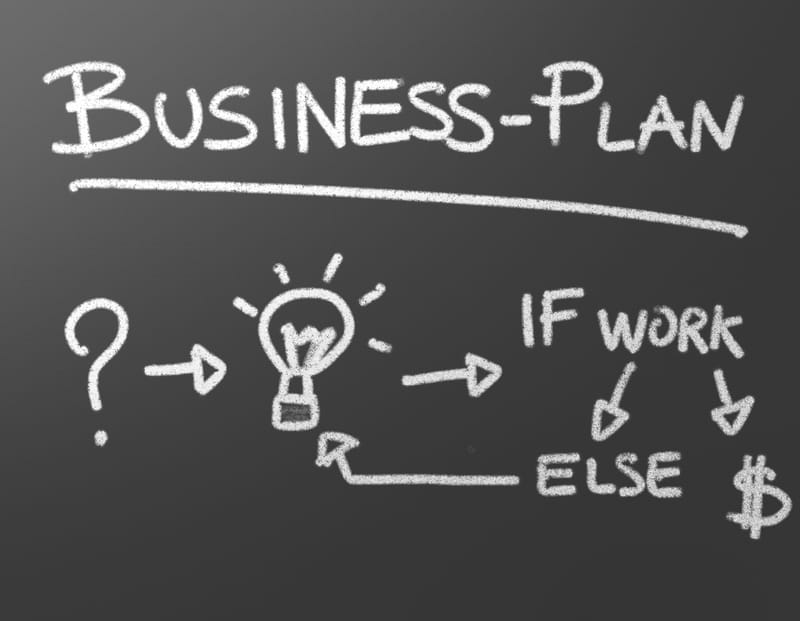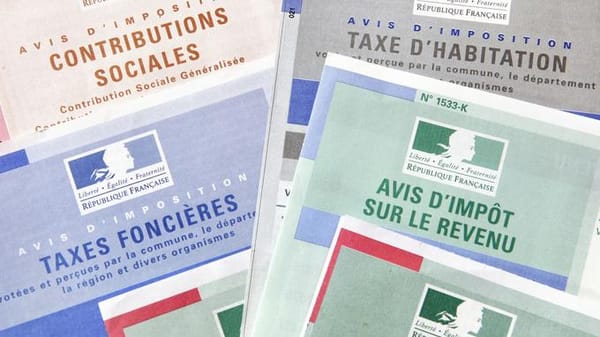The 10 key steps to creating your business - part I
You have decided to start up a new business. It's a lot easier to do in the UK than in some other Europeans countries. Yes, I am thinking of France and its famous red tape. However, while it's easy to start a new business it's also easy to make the common mistakes that cause 1 in 3 start-up businesses to fail in the UK.
So, if you don't want to be in that 30% bucket, what are the top 10 things you should do as soon as possible when you create your own business?
- Choose a name for your business and protect it. If you intend to build your brand you need to trademark it. The name does not have to be the same as the one of your companies. In fact, if you are a sole trader, your legal name would be "John Doe trading as Amazing Widgets" for example.
- Decide on the legal structure. Sole Trader, Partnerships or Limited Companies all have benefits and drawbacks. Make sure you understand all the implications (and costs) before you decide on a given structure. Most accountants will be happy to provide a free consultation to help you out. We at TaxAssist Accountants certainly do.
- Register for NIC with HMRC. Even if you start as a sole trader which has very few administrative constraints, you need to register as self-employed in the first 3 months of trade to start paying the National Insurance class 2 going forward. Go the HMRC website and fill in the form CWF1 or ask your accountant to do it for you.
- Get insured. Don't wait until it's too late. Depending on your business and your setup, you will need professional indemnity, general liability, employer's liability, property and content insurance. Down the road, you might want to add business interruption and keyman insurances as well. And if you will be working from your home, you need to make sure your homeowner's insurance covers damage to or theft of your business assets as well as liability for business-related injuries. There are a lot of brokers that will be able to provide this kind of coverage. Talk to your banker or your accountant if you don't know any, they will be surely know a reputable broker.
- Choose a bookkeeping package and use it from day one. Whether it's Excel, QuickBooks or our favourite, Xero, you need a system to keep track of expenses, revenue and to reconcile your bank account monthly. Don't wait until you run out of cash or until you realise that your clients haven't paid you for months. If your package can store scanned receipts, do it. The Fujitsu ScanSnap S1300 is a great little scanner that scans just about everything super-fast and in duplex mode. Xero even comes with a free iPhone app that allows you to capture receipts on the go! You need to keep a copy of the receipts, but it does not have to be the actual receipts! Keep in mind that most accountants are generally able to resell those products below their list price thanks to volume license agreements they might have negotiated with those vendors.



